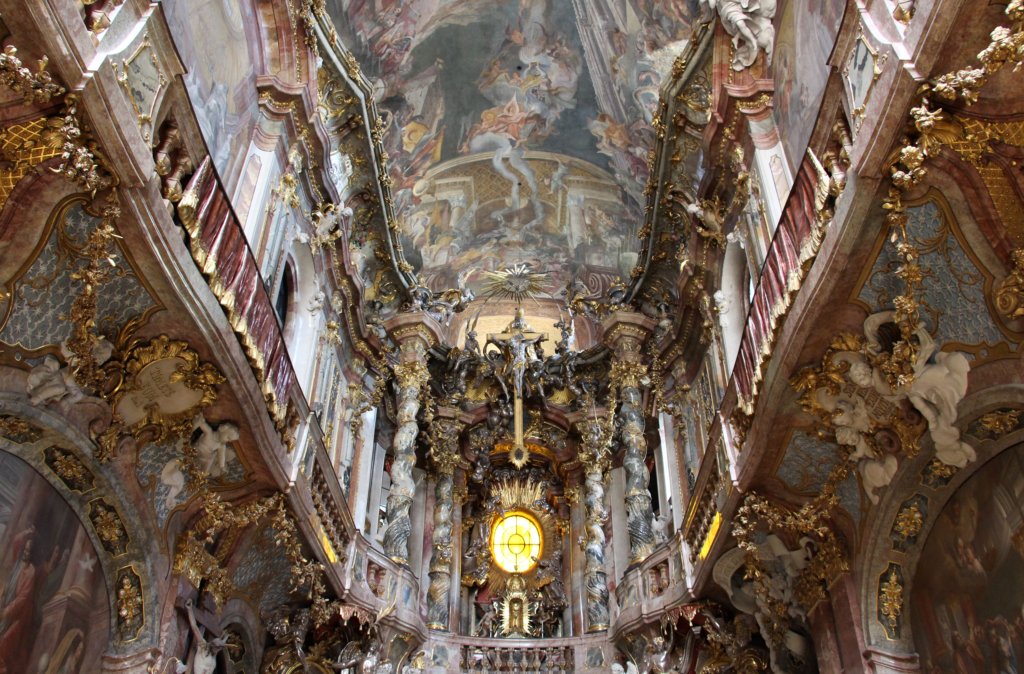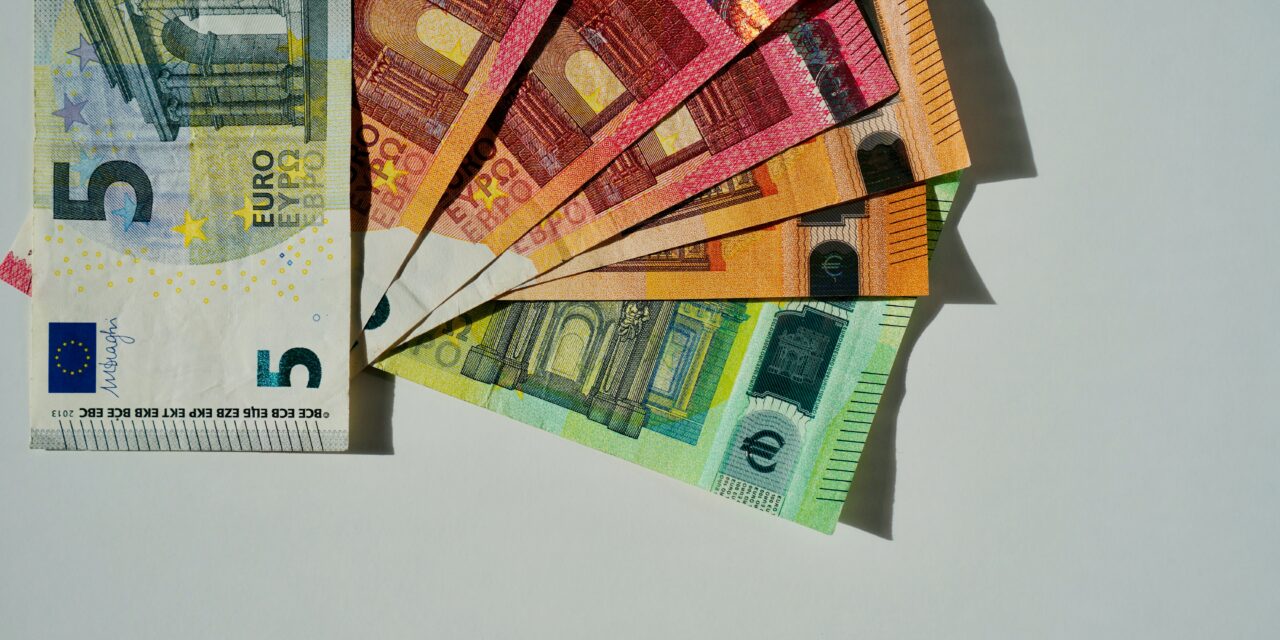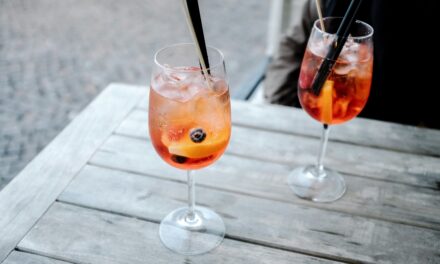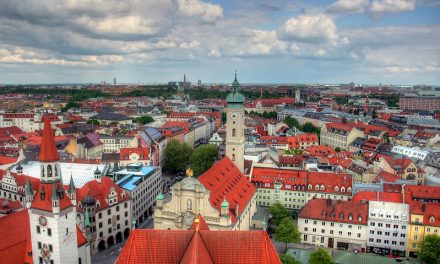Interested in knowing how to visit Munich on a budget? Although Munich is the most expensive city in Germany, you don’t have to spend a fortune to enjoy the Bavarian capital. Whether you’re backpacking through Europe or planning a city break on a budget, this guide covers everything you need to know to explore Munich without overspending. From free attractions and affordable meals to cheap hotels and neighborhoods worth staying in, here’s how to enjoy Munich on a tight budget.
Table of Contents
Free and Budget-Friendly Things to Do in Munich
Marienplatz and the Glockenspiel
Start your visit at Marienplatz, Munich’s central square. It’s completely free to wander around, and if you’re there at 11 a.m. (or noon in summer), you can catch the famous Glockenspiel show at the New Town Hall.
Stroll Through the Englischer Garten
One of the largest urban parks in the world, the Englischer Garten is perfect for walking, picnicking, or just relaxing. Don’t miss the surfers riding the wave at the Eisbach River—it’s free entertainment with a local twist.

Visit Churches and Cathedrals
Historic churches like the Frauenkirche and St. Peter’s Church offer free or very low-cost entry. St. Peter’s tower climb costs about €5, but the views over the city are well worth it. And don’t forget the small but stunning Asamkirche!
Explore Viktualienmarkt
Even if you’re not buying anything, this lively food market is worth a wander. You can also snack affordably on fresh fruit, a pretzel, or a sausage on a roll for just a few euros.
Museums on Sundays
Many state-run museums offer €1 admission on Sundays. This includes top spots like the Bavarian National Museum, Museum Brandhorst, and the Alte Pinakothek.
Walking Tours (Tip-Based)
Join a free walking tour (usually tip-based) to get an overview of the city and its history. Sandemans New Europe and other local groups offer great English-language tours.

Hang Out by the Isar River
When the weather’s nice, locals flock to the riverbanks. The Flaucher area is especially popular for swimming, barbecues, and riverside walks. It’s totally free and a perfect way to spend an afternoon.
Ride Tram 19 For a Scenic Route
If you have a day pass for public transport, hop on tram 19. It passes through beautiful parts of the city including Maximilianstraße, the National Theater, and old residential areas.
Affordable Neighborhoods and Budget Hotels
Staying central can be pricey, but there are areas just outside the city center that are cheaper, safe, and well-connected by public transport. You can see a detail list of where to stay as well as in-depth neighborhood guides here
Best Budget Neighborhoods
Schwanthalerhöhe (Westend)
This neighborhood is just west of the city center and offers a relaxed, authentic local feel. It’s known for its diverse food options, coffee shops, and street art. There’s also a growing number of coworking spaces and galleries, so it has a bit of a hipster edge without the price tag of trendy central areas.
Giesing
Giesing is a working-class district turned artsy-residential hotspot. It’s a great place to live like a local—calm streets, small bakeries, cozy pubs, and a surprising amount of greenery. It’s also generally safer and quieter than more central areas, and prices are lower across the board.

Maxvorstadt
Close to universities and museums, it’s a great spot for budget travelers who want a cultural vibe. Thanks to the student population, you’ll find cheap eats, bars with happy hours, and affordable hotels and hostels near public transport.
Bahnhofsviertal
Stay close to the main station and the old town while also enjoying affordable accommodation. Plus, you’ll find a huge diverse mix of restaurants and locally-run shops here! It’s also ideal if you’re arriving by train or bus, or planning day trips using regional trains (like to Salzburg or Neuschwanstein Castle).
Budget-Friendly Hotels & Hostels
- Wombat’s City Hostel: Social, clean, and right near the main train station (Hauptbahnhof). Dorms and private rooms available.
- MEININGER Hotel Munich City Center: Affordable and modern, also near the train station. Great for solo or group travelers.
- Buddy Hotel: Smart, minimalist rooms with self-check-in. Central location and usually good value.
- Gambino Hotel Werksviertel: Located in a redeveloped industrial area, this is one of the best value-for-money stays with great transit connections.
Where to Eat in Munich on a Budget
- Viktualienmarkt: Great for quick snacks like pretzels, sausages, and cheese. A small picnic here is budget-friendly and fun.
- Bergwolf: Known for currywurst and fries. Great late-night stop near Sendlinger Tor.
- Türkitch: Popular local chain for tasty döner kebabs—big portions, small price (under €6).
- Andechser am Dom: Affordable Bavarian food in a traditional setting. Look for daily lunch specials.
- Deutsches Museum Cafeteria: Even if you don’t visit the museum, their self-service cafeteria has cheap and tasty meals.
- Hans im Glück: A stylish burger chain with good veggie options and meal deals that won’t break the bank.
- Augustiner Bräustuben: Classic beer hall experience without the tourist prices. Located a bit away from the center, it’s a favorite among locals.
Looking for more cheap restaurants? We have a guide on the cheapest (and tastiest) places to go in Munich!

Money-Saving Tips for Munich
- Get a Day Pass for Public Transport: A single ticket can be pricey, but a day pass (Tageskarte) or group pass (Gruppenkarte) offers major savings if you’re moving around a lot.
- Use Water Fountains: Munich’s tap water is clean and free. Refill your bottle at public fountains.
- Stock up at Lidl, Aldi, and REWE To Go: These supermarkets are your best friends for snacks, drinks, and cheap breakfast options.
- Take food to a Beer Garden: While you have to purchase drinks, you’re allowed to bring your own food to any beer garden in Munic!
- Skip the Taxi: Munich’s public transport is fast, safe, and reliable. Avoid taxis unless absolutely necessary.
- Carry Cash: While many places now accept cards, smaller shops, bakeries, and kiosks often prefer or only take cash. This helps avoid card minimums or extra fees.
- Free Wi-Fi Spots: It can be hard to find restaurants and cafes with free wifi. But Munich offers free public Wi-Fi at Marienplatz, Odeonsplatz, and in many U-Bahn stations. Save on data charges by downloading maps ahead of time and hopping on free networks.
- Don’t Tip Too Much: Tipping in Germany is much more modest than in the US. A 5–10% tip is standard at restaurants, and just rounding up the bill is fine for cafes or taxis. We’ve dedicated an entire article about tipping if you want more info!





